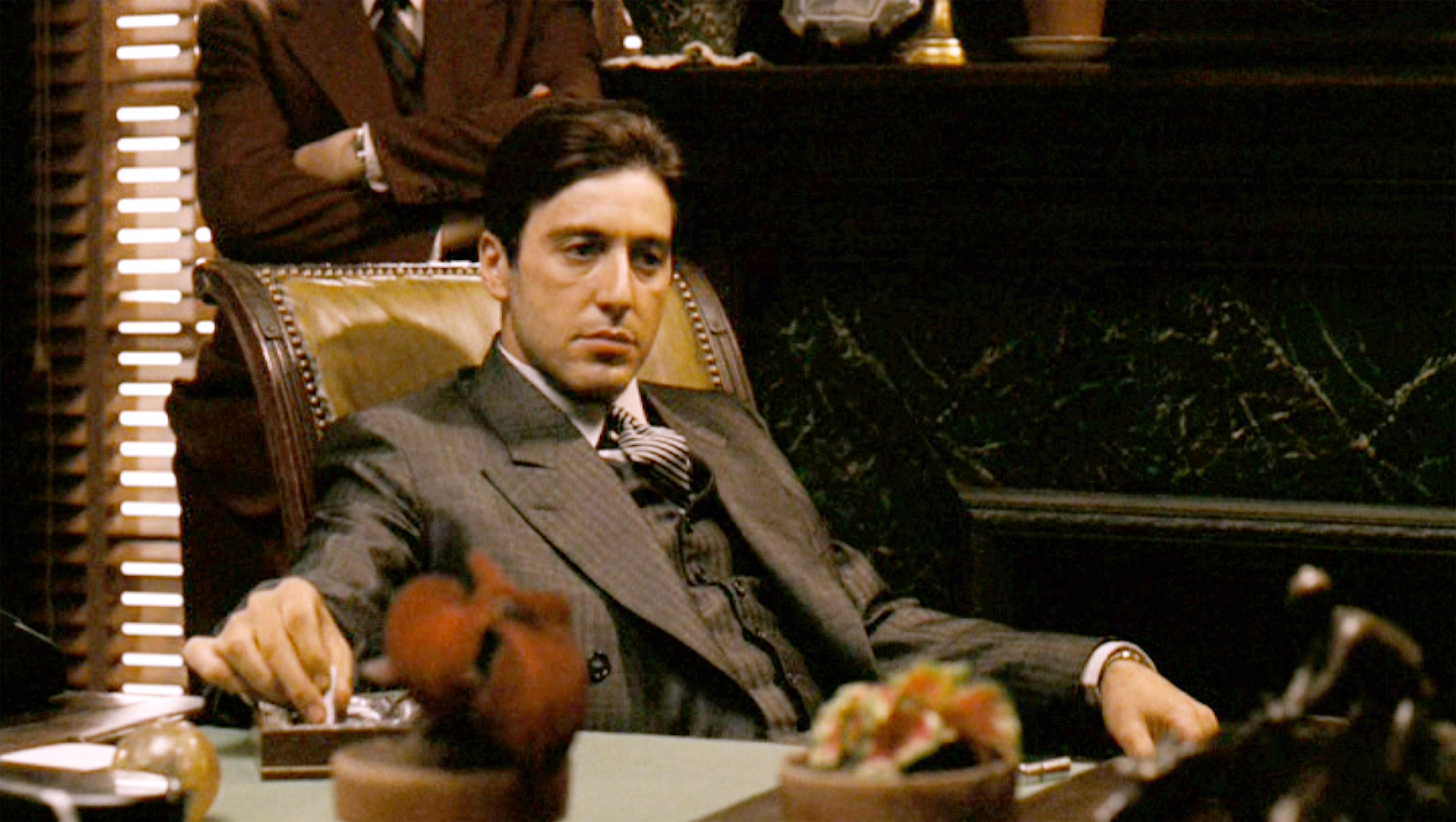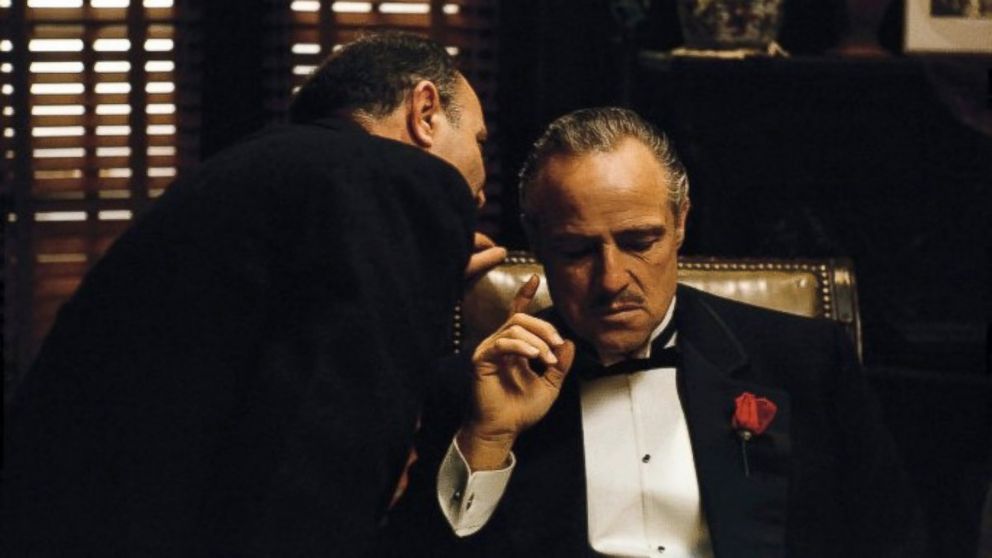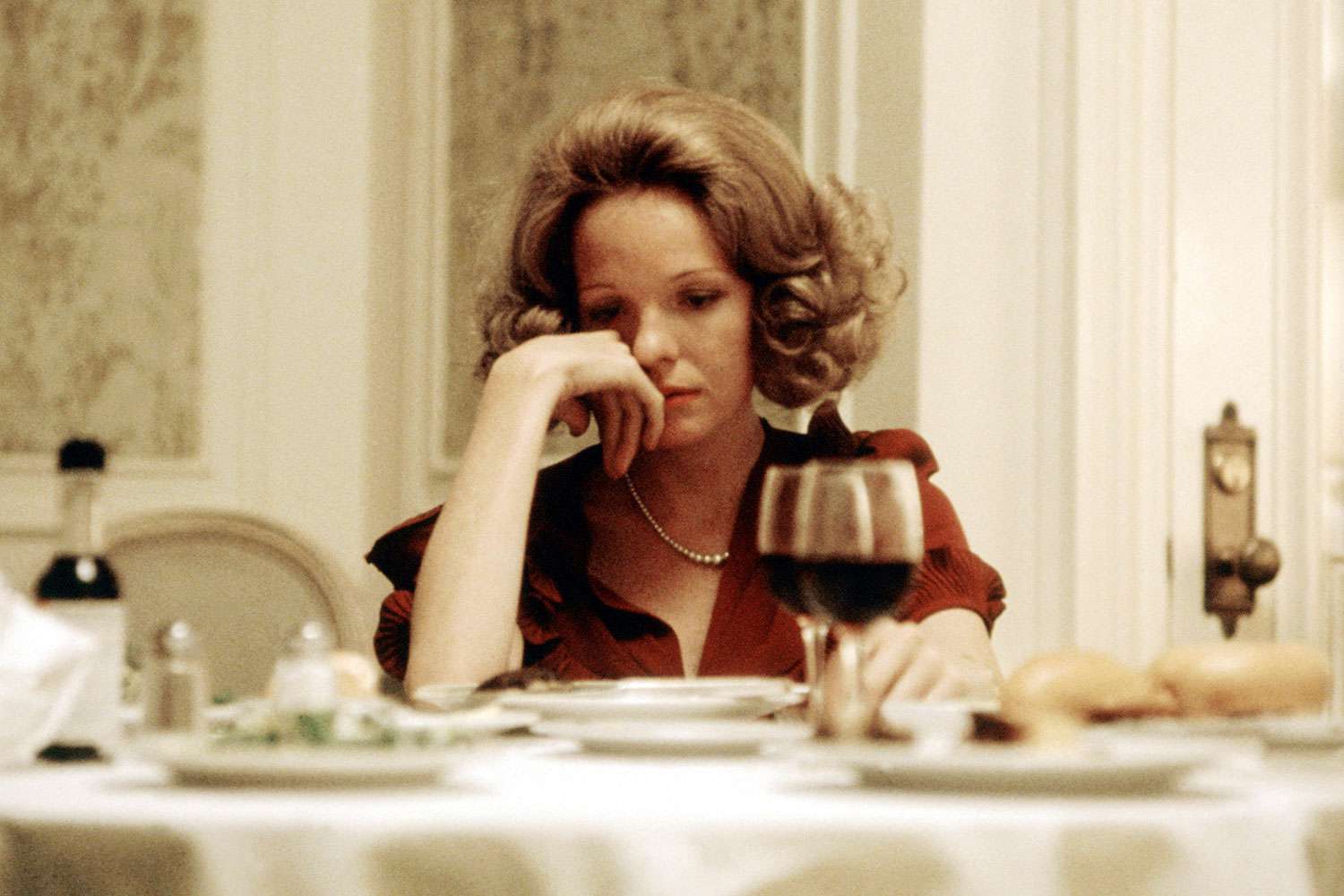The Godfather | Directed by Francis Ford Coppola // Starring Marlon Brando, Al Pacino, James Caan, Robert Duvall, Diane Keaton, Talia Shire, and John Cazale
Set the mood with some music!
Summary (Spoiler-free): The Godfather (1972), directed by Francis Ford Coppola, is a sweeping crime drama that chronicles the inner workings of a powerful New York Mafia family. At its heart, it’s a story about loyalty, legacy, and the slow, haunting transformation of a reluctant son into a figure of power.
The Godfather isn’t just a film — it’s a cinematic institution. And yet, for something so iconic, it’s shockingly intimate. I’ve seen it multiple times now, but every time I return to it, I’m surprised by how quiet, how patient, and how controlled it all is. This isn’t a flashy crime epic or a mobster shoot-’em-up. It’s a meditation on power, legacy, and what it means to carry the weight of both blood and duty.
When I first watched it years ago, I was blown away, but also a little intimidated. It was clearly brilliant, but I don’t think I fully felt it until later viewings. With age and perspective, this film doesn’t just grow on you — it deepens. It rewards patience and attention. You don’t just watch The Godfather... you sink into it.
Francis Ford Coppola’s direction is almost deceptively subtle. He doesn’t draw attention to himself with camera tricks or flashy edits. Instead, he lets every scene breathe, every glance hang in the air, every silence carry weight. The lighting is rich and shadowy, creating an atmosphere that feels both sacred and suffocating. It’s filmmaking that doesn’t show off, but never stops impressing.

The performances? Legendary. Marlon Brando as Vito Corleone is everything he’s hyped up to be. He’s regal and tired and impossibly magnetic. But Al Pacino is the soul of the movie. Watching Michael transform — from reluctant son to inevitable successor — is one of the most compelling, subtle arcs in film history. You don’t see it happen in a single scene — you realize it's happened only when it's too late to turn back.
Every actor in this film brings something vital. James Caan as Sonny is the raw nerve. Robert Duvall as Tom Hagen is the calm center. Diane Keaton’s Kay, who sees the empire from the outside, is maybe the most tragic character of them all. The cast is stacked, and there’s not a weak link in the chain.
What makes The Godfather so much more than a crime story is its exploration of family, tradition, masculinity, and power. It’s a story about business, yes, but also about identity, loyalty, and inevitability. It shows how the desire to protect your family can slowly morph into something darker: a hunger to control, to dominate, to outlast.
The violence in the film, while sparse compared to modern standards, hits harder because it’s so restrained. When it happens, it matters. It’s not stylized — it’s a consequence. And those consequences ripple outward, scene after scene, year after year.

The production value is pitch-perfect. Every costume, every set piece, every glass of wine feels period-accurate and emotionally loaded. The cinematography is warm and haunting, like a memory that’s fading at the edges. And the score — Nino Rota’s theme — is melancholy and iconic. It’s the sound of legacy and loss all in one. Just hearing it makes me emotional.
Rewatching The Godfather as someone who went to school for film, who now actively seeks out meaning in every frame, it’s crystal clear why this is considered one of the best movies of all time. It’s not just about what happens — it’s about how it happens. About what it means to inherit power. About how men shape and destroy the world in the name of love, loyalty, and fear.
There’s a version of this movie that could have leaned into caricature. But what we get is timeless and human. It’s slow in the best way, measured, confident, and unbothered by modern pacing expectations. It trusts you to sit with it, to observe, to feel the tension simmer rather than boil.

The Godfather is more than just one of the greatest movies ever made — it’s the kind of film that defines what greatness in cinema even is. It’s a masterclass in direction, acting, storytelling, and restraint. Coppola didn’t just make a mob movie. He made a myth. A modern tragedy. A portrait of how power transforms — and often destroys — the people who wield it.
What astonishes me every time is how effortless it all seems. Every line, every shot, every performance feels inevitable. And yet, it’s all carefully constructed. There's not a wasted frame. You don’t just admire this movie — you respect it. And then, slowly, you fall in love with it.
I don’t throw the word “perfect” around often, but The Godfather comes dangerously close. It’s a film that lives and breathes like a legend passed down from generation to generation. It’s the second greatest film I’ve ever seen. And some days? It feels like it might just be the first.